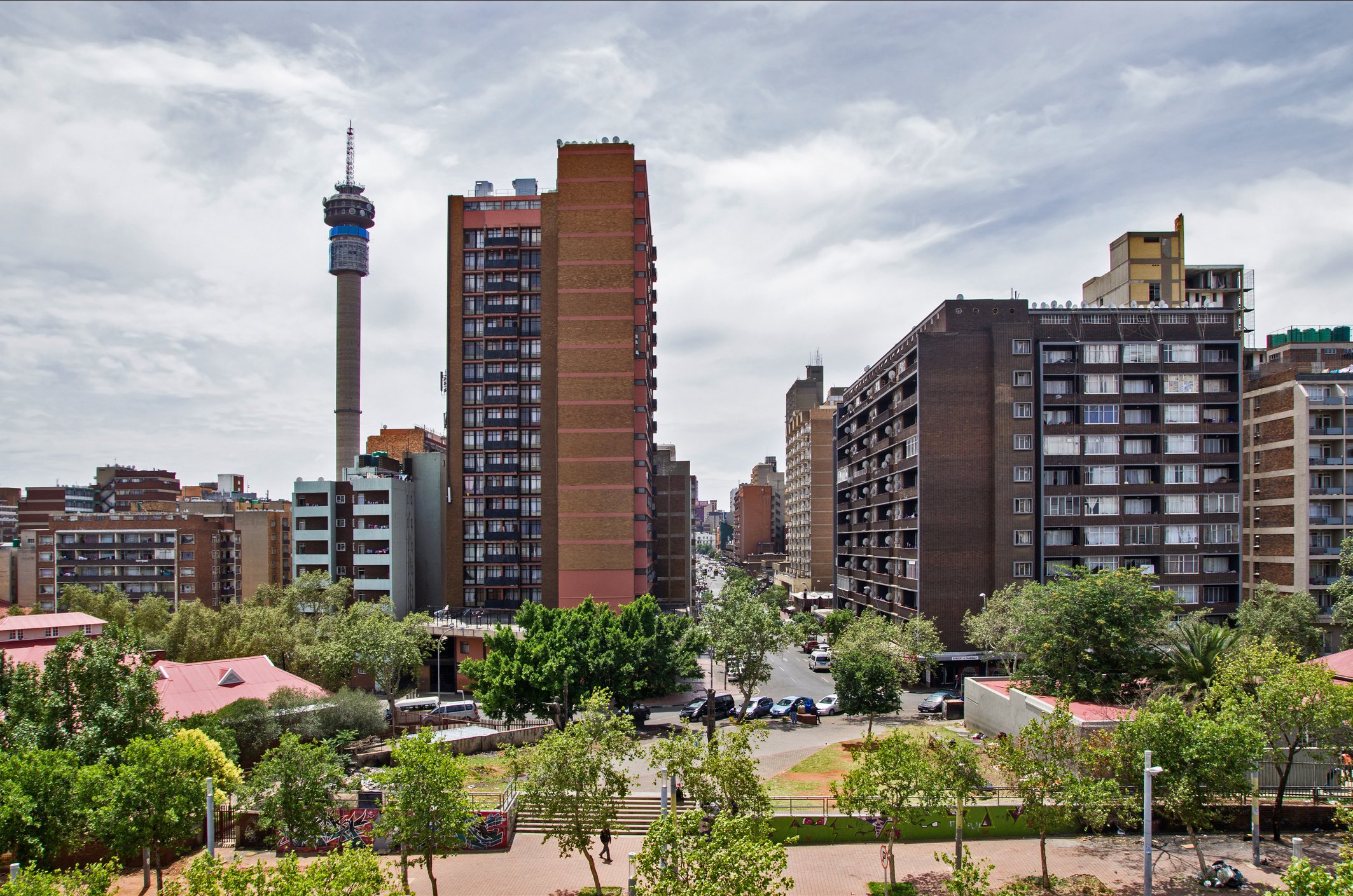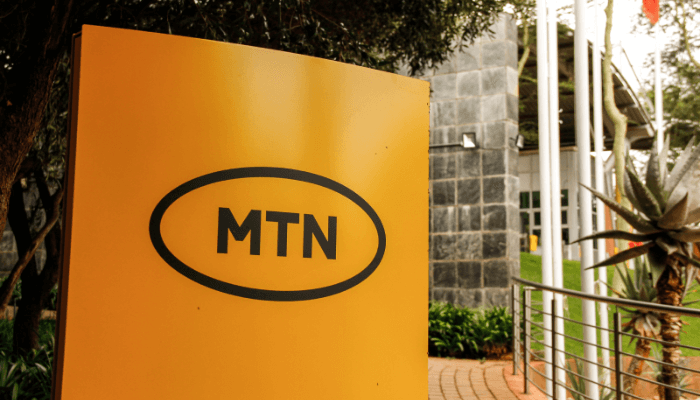On October 19, Telkom announced that MTN had walked away from acquisition talks the two mobile network operators had been involved in since mid-July. MTN has also confirmed its withdrawal from the negotiations.
According to Telkom, MTN terminated discussions because Telkom could not assure MTN of exclusivity after Telkom received a proposal for a merger from another South African mobile network operator, Rain, in late September.
MTN walking away signals the end of what has been a dramatic love triangle between the three network operators but now the question becomes, what happens next?
The MTN and Telkom deal, had it been successful, would have seen the merging of South Africa’s second and third-largest operators, basically creating a duopoly in South Africa’s telco industry of MTN and first-placed Vodacom which has over 45 million subscribers, MTN 34 million and Telkom 15 million.
The acquisition would also have given MTN a chance to catch up with Vodacom in the race for fibre dominance. Through Openserve, Telkom’s fibre subsidiary which is also the leading fibre network operator (FNO) in South Africa, MTN would have had an answer to Vodacom’s controlling stake in South Africa’s second-placed FNO Vumatel.
After the MTN and Telkom talks collapse, here are several possible scenarios of what will happen.
MTN and Telkom rekindle talks
According to MyBroadband, citing an anonymous source close to the MTN/Telkom negotiations, the reason MTN pulled out of the talks was not that Telkom could not guarantee exclusivity but because MTN did not want Telkom to negotiate with other parties concurrently.
The source states that MTN asked Telkom to consider the various deals on the table in whatever order it preferred, so long as it wasn’t during their negotiations. After Rain submitted its merger proposal to Telkom, MTN asked how long it would need to consider Rain’s proposal, a question Telkom could not provide a firm answer to.
If the Rain and Telkom talks fall through and Telkom, it would seem logical for MTN to be willing to get back to the negotiating table as they have a lot to gain from a successful Telkom acquisition.
Rain and Telkom strike a deal
When Rain announced its intention to submit a merger proposal to Telkom in August, CEO Brandon Leigh stated that the merger would create a strong third player to compete with Vodacom and MTN.
A Rain/Telkom merger would likely experience fewer regulatory hurdles than a MTN/Telkom one as it has more pro-competition elements though the state of Telkom’s books might put to question its ability to finance the Rain merger proposal.
Telkom would also consider the proposal to accelerate its own 5G rollout, an area in which it has been lagging behind. A merger would enable Telkom to combine the fibre network of Openserve and Rain’s 5G expertise to accelerate the rollout of 5G nationwide.
This scenario, on the other hand, would benefit Rain in at least two ways. Firstly, it would now be able to compete with bigger MNO players in MTN and Vodacom by piggybacking on Telkom’s subscriber base as well as its broadband and fibre assets.
Secondly, Rain’s current R17.9 billion valuation, which is higher than Telkom’s R17.5 billion market capitalization, would see Rain shareholders laughing to the bank for selling at a 7.5% higher valuation than a year back.
Even if they decide not to sell, Rain shareholders would still benefit from holding shares in a bigger telecoms company which would unlock a lot of value especially in the valuable 5G front after the Rain acquisition.
Telkom gets acquired by another entity
Since it began its flirtations with MTN and Rain, the company has also received an acquisition offer from Toto Consortium, a South African investment firm which made a $433 million (~R7 billion ) offer to purchase the government’s 40.5% stake in the mobile network operator.
At the time, South Africa’s communications minister Khumbudzo Ntshavheni stated that the government had no plans to sell its stake in Telkom and that should that stance change, it will communicate.
However, with the administration of President Cyril Ramaphosa having a positive stance towards the privatization of state assets and holdings, it is not far-fetched to think that the government might decide to put its Telkom stake for sale if a worthy offer presents itself.
With Telkom’s share price steadily taking a pummeling since the MTN breakup and its valuation tanking, if another entity comes with a premium offer for the government’s stake, its chance of success would not be nil.
What the possibilities mean for SA telco
Regardless of what happens in the MTN, Telkom and Rain entanglement going forward, it will have an impact on South Africa’s telco industry.
A no-deal between MTN and Telkom will bring a smile to Vodacom as it would mean less competition on the 5G and fibre fronts and it would also keep its “number one mobile operator in South Africa” title.
For Rain, it would mean a much clearer and hurdle-free path to striking a merger deal with Telkom and also less competition on the mobile network operator front.
However, if MTN and Telkom rekindle talks and strike a deal, it would mean the decades-old scuffle between MTN and Vodacom will become even more heated as they would be competing in the mobile network operator space as well as in the two technologies driving the future of communications, 5G and fibre.
A successful deal between Rain and Telkom, would theoretically present some remedy to the current MTN and Vodacom duopoly, potentially opening up South Africa’s telco playing field for the benefit of consumers.
A no-deal between the two, on the other hand, would make either a MTN/Telkom acquisition deal or a Telkom government stake acquisition by another entity much more probable which would open up many other possibilities for the competitive health of South Africa’s telco landscape.





















